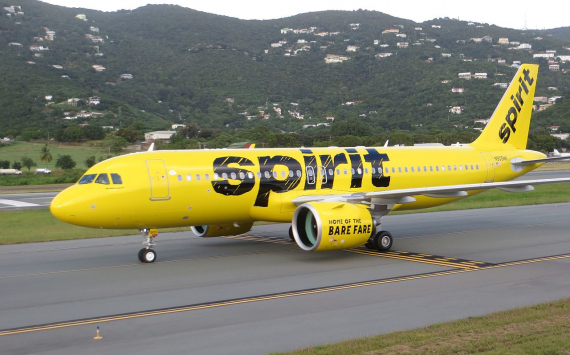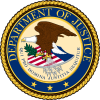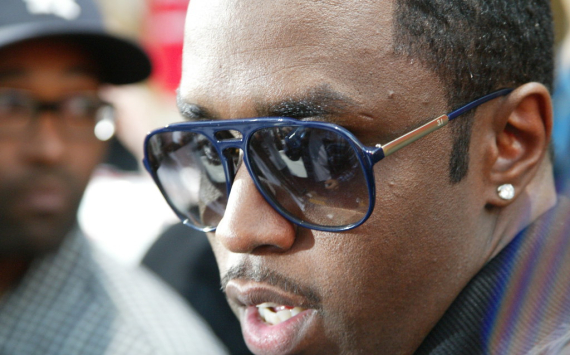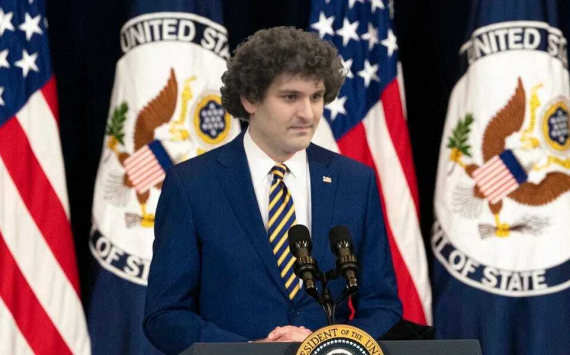
JetBlue-Spirit Merger Grounded
In a noteworthy turn of events, JetBlue Airways’ ambitious plan to acquire Spirit Airlines for $3.8 billion has been thwarted by a federal judge. The judge upheld the U.S. Department of Justice’s antitrust apprehensions, suggesting that the merger could potentially disrupt market competition.
JetBlue’s legal representatives contended that the merger would merely control a small 10.2% share of a domestic market already under the sway of four larger airlines. The judge, however, dismissed this argument as off the mark.
Ripple Effects in the Airline Industry
This verdict casts a shadow over the feasibility of another impending deal Alaska Air’s proposed acquisition of Hawaiian Airlines. The ruling has been applauded by President Biden, a staunch advocate for enhancing airline competition, who perceives it as a triumph for consumers.
An Uncertain Future
The verdict has also cast a cloud over Spirit’s future trajectory. The budget carrier has been grappling with escalating operating costs and supply chain disruptions. In the aftermath of the ruling, Spirit’s shares plummeted by approximately 47% on Tuesday, while JetBlue’s shares saw an uptick of about 5%.
Judge Young opined that although a merged JetBlue-Spirit entity would likely exert more competitive pressure on larger carriers, consumers who depend on Spirit’s low-cost model could potentially be disadvantaged.
Next steps
The recent verdict has set the stage for a potential appeal by the airlines. Both JetBlue and Spirit Airlines are currently contemplating their future course of action. Despite the current predicament, JetBlue’s top brass, CEO Robin Hayes and COO Joanna Geraghty, have reassured their workforce of JetBlue’s bright prospects, irrespective of Spirit’s participation.
Reactions to the Verdict
U.S. Attorney General Merrick Garland interprets Judge Young’s ruling against the proposed JetBlue-Spirit merger as a victory for travelers. There have been concerns about Spirit’s challenges potentially impacting JetBlue post-merger. The Justice Department cautions that the merger could inflict a yearly net harm of nearly $1 billion on consumers by eliminating a crucial low-cost competitor.














































